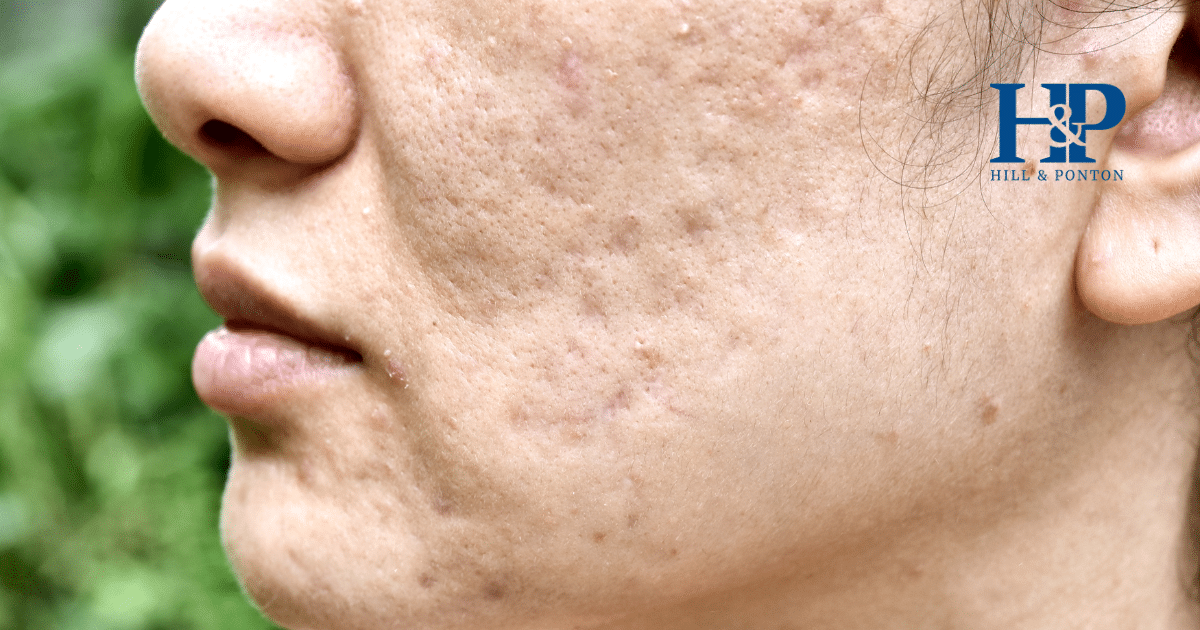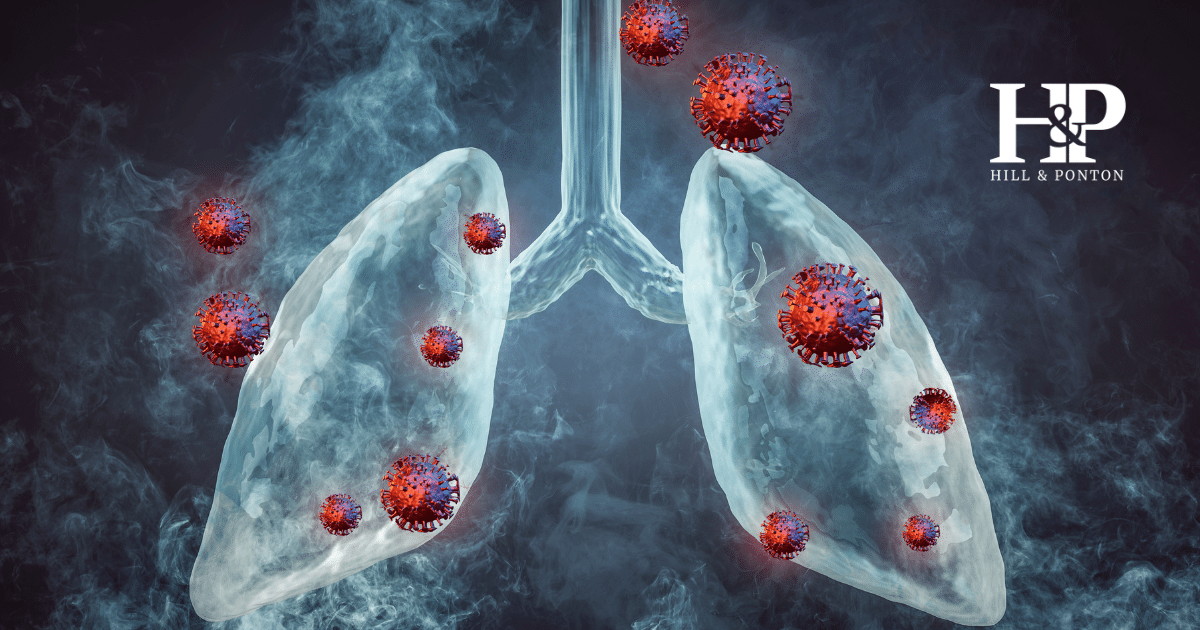What is PSP?
Progressive Supranuclear Palsy (PSP) is a brain disorder that affects movement, control of walking and balance, speech, swallowing, vision, mood and behavior, and thinking. This disease is caused by damage to nerve cells in the brain. Symptoms of PSP include:
- Loss of balance while walking (this is the most common symptom that is first noticed)
- Blurring of vision
- Problems controlling eye movement (PSP often causes trouble voluntarily shifting your gaze upward and/or downward)
- Trouble controlling eyelids
- Inability to maintain eye contact during a conversation
- Depression
- Losing interest in ordinary pleasurable activities
- Increased irritability and forgetfulness
- Changes in judgment, insight, and problem solving
- Difficulty finding words
- Speech becomes slower and slurred
- Difficulty swallowing solid foods or liquids
Many symptoms of Progressive Supranuclear Palsy are also symptoms of Parkinson’s disorder. Because of this, PSP is often misdiagnosed as Parkinson’s disease. However, PSP actually progresses faster than Parkinson’s. Other differences between PSP and Parkinson’s include:
- People with PSP usually stand exceptionally straight or tilt their heads backward, and tend to fall backward while people with Parkinson’s usually bend forward.
- Problems with speech and swallowing are more common and more severe with PSP versus Parkinson’s and also tend to present earlier with PSD.
- Tremors are rare with PSP, but are very common with Parkinson’s.
- People with PSP respond minimally and briefly to the drug levodopa, while those with Parkinson’s typically have much more successful responses to the drug.
Claims for Service Connection for PSP
Veterans exposed to Agent Orange can receive presumptive service connection for certain diseases including Parkinson’s disease. Despite the extensive similarities between Parkinson’s and Progressive Supranuclear Palsy, the VA does not grant service connection for PSP on a presumptive basis. However, that does not mean service connection cannot be granted on a direct basis.
Additionally, there is ample research that suggests PSP is related to exposure to Agent Orange. The National Academy of Sciences’ Committee to Review the Health Effects in Vietnam Veterans of Exposure to Herbicides was charged with determining whether a statistical association between herbicide exposure and PSP existed. The Committee then published Veterans and Agent Orange Update 2014 (published in 2016). In this update, the Committee stated that unless the VA could definitively establish (on a case by case basis) that the veteran’s PSP symptoms are related to an agent other than herbicides sprayed in Vietnam or related to a specific genetic condition.
So, if you receive a rating decision that denies service connection for PSP on the basis that it is not a presumptive condition associated with Agent Orange exposure, keep fighting. The VA has to consider evidence of direct service connection. The best evidence for direct service connection is getting a medical opinion from a doctor stating that your diagnosis of PSP is related to your military service. Be sure that the doctor providing the opinion gives thorough reasoning to support their findings. Also, based on the findings of The National Academy of Sciences’ Committee to Review the Health Effects in Vietnam Veterans of Exposure to Herbicides, it would be good to have your doctor provide their opinion as to whether your PSP diagnosis could be the result of any other type of exposure or the result of a genetic condition. By ruling out other causes of PSP, the evidence is even stronger that PSP is related to Agent Orange exposure. Just because PSP isn’t presumptive, doesn’t mean the VA can ignore direct service connection.


